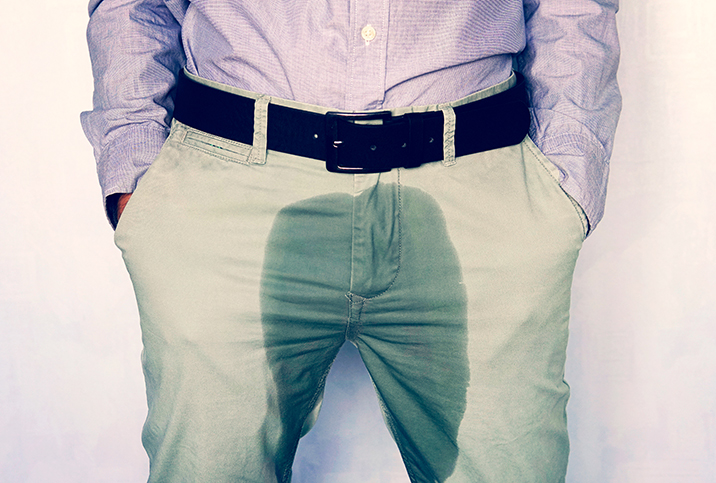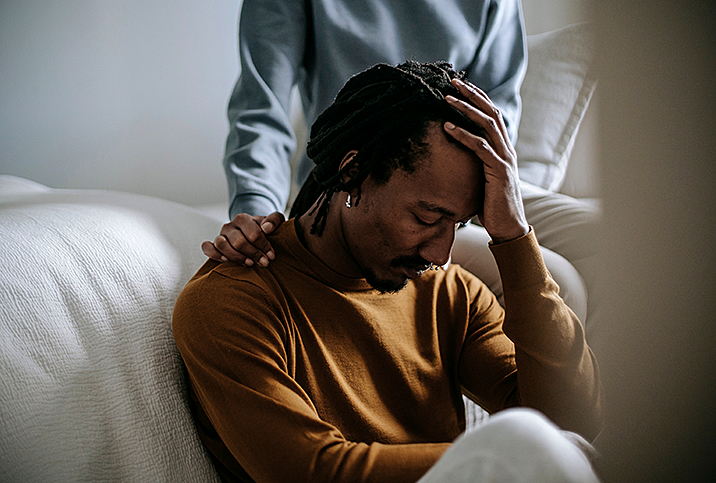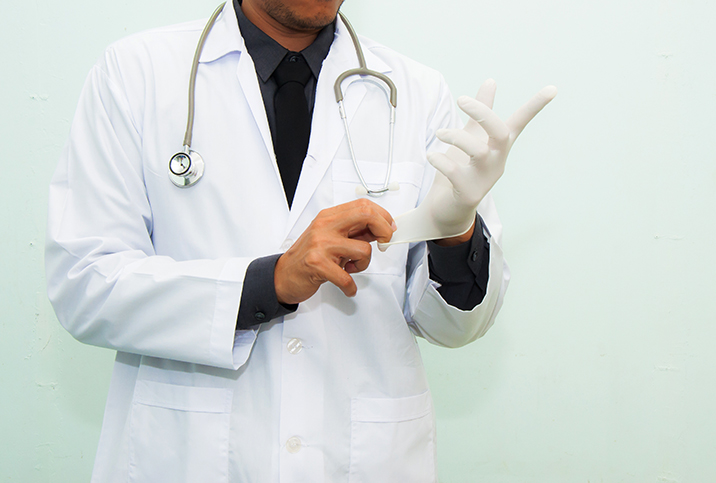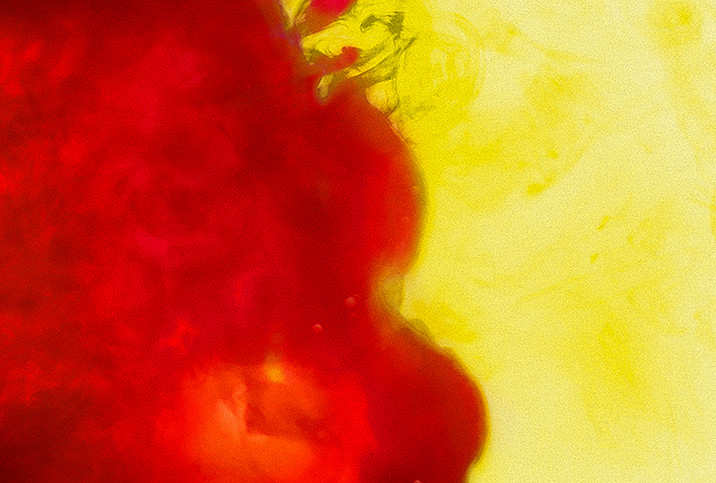8 Signs You Need a Urologist

Urologists are specially trained to diagnose and treat conditions related to the urinary tract and the reproductive system. Your family doctor may be able to treat some minor urological issues, but if your symptoms are more severe or fail to go away, it is best to see a urologist. You also may need to go directly to the urologist if you already know your symptoms involve the urinary tract or reproductive system. Here are eight signs you may need to see a urologist:
- It's painful when you urinate. If you are experiencing painful urination (dysuria), it could be a sign of a urinary tract infection (UTI). It is an infection in any area of the urinary system, which includes the bladder, kidneys, urethra and ureters. The majority of UTIs involve the bladder and the urethra, and the infection can be especially serious if it spreads to your kidneys. Urologists and other doctors usually treat UTIs with antibiotics. Women have a higher risk of UTIs than men.
- You have blood in your urine. If you see blood when you urinate, contact your doctor about scheduling an appointment with a urologist. If your urine looks brown, pink or tea-colored, it could include blood. While it could just be a temporary condition stemming from injury or overexertion while exercising, it could also be something more serious, such as kidney stones, bladder infection, kidney infection or even cancer. Blood in the urine is likely a symptom of an underlying issue, and a urologist will recommend treatment options based on what is believed to be causing it.
- You are leaking urine. This condition is known as urinary incontinence. It's not a disease but rather a symptom of various conditions. It's not hereditary, and the causes may differ for men and women. Leaking urine is a common condition, and you shouldn't feel ashamed. Urinary incontinence affects more than 25 million adults every day in the United States, according to the National Association for Continence.
- You struggle to urinate. The opposite of urinary incontinence, urinary retention is the inability to empty the bladder. If you are suffering from urinary retention, you might be unable to begin urinating or completely empty your bladder. Having trouble urinating is uncomfortable, but not being able to urinate at all is an emergency that needs immediate attention from a urologist.
- You have trouble achieving an erection. Erectile dysfunction (ED) is among the most common sexual issues in men. ED could be linked to cardiovascular disease, high blood pressure, high cholesterol or kidney failure. Fortunately, effective options are available for men with erectile dysfunction, and a urologist can help.
- You have pain or a mass in your testicles. You should see a urologist if you have pain or a mass in the testes. While it's rare, this could be a sign of testicular cancer. It's important to get checked early just in case.
- You had an abnormal prostate exam. Men age 50 and older with average risk are encouraged to have an annual prostate cancer check from their doctor. If firmness or irregularities are detected, your doctor will likely refer you to a urologist to check for potentially serious problems, such as prostate cancer. If this cancer is detected early, the recovery rate is high.
- You want to be tested for infertility. If you and your partner are having trouble conceiving, a urologist can test you for infertility. About 15 percent of couples experience infertility. Urologists perform a variety of tests to diagnose infertility, including hormone testing, genetic testing, testicular biopsy, scrotal ultrasounds and sperm function testing.
Early detection is key when it comes to treating urinary and reproductive issues. It's critical not to ignore any signs. If you do, it could cause more severe complications in the long run.
The good news is that many of these conditions are highly treatable. A skilled and experienced urologist will take a personalized approach to your unique health needs.


















